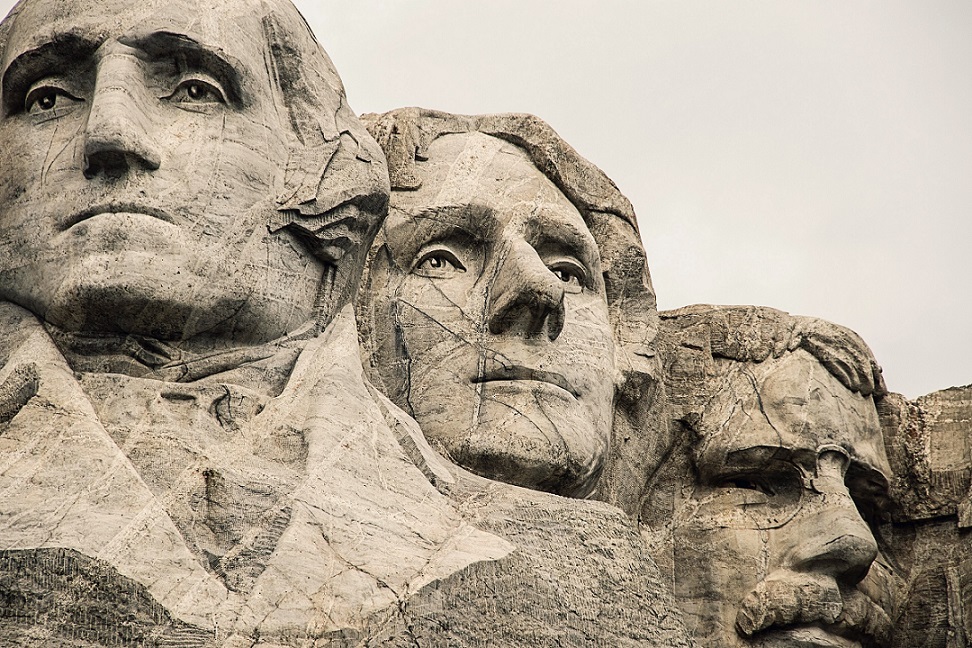President’s Day is a federal holiday celebrated annually on the third Monday in February in the United States. It was originally established to honor the first President of the United States, George Washington, and was known as “Washington’s Birthday.” However, over time, it has come to honor all American presidents, past and present, and is now commonly referred to as “President’s Day.”
The history of President’s Day dates back to the late 1800s when Washington’s Birthday was first recognized as a federal holiday. The day was celebrated on February 22, the actual date of Washington’s birth, but it wasn’t until 1971 that the Uniform Monday Holiday Act was passed, which moved the holiday to the third Monday in February. This act was designed to create more three-day weekends for the nation’s workers and to provide a boost to the country’s retail sector.
In addition to honoring George Washington, President’s Day also pays tribute to Abraham Lincoln, the 16th President of the United States. Lincoln’s birthday falls on February 12, and many states have chosen to celebrate his birthday as a separate holiday. However, in most states, the two holidays have been combined into one, and the day now serves as a time to reflect on the legacies of both Washington and Lincoln.
While President’s Day is primarily a time to celebrate the contributions of American presidents, it has also become a time to reflect on the state of the country and the responsibilities that come with being a citizen. Many Americans use the day to participate in community service projects, attend patriotic parades and ceremonies, or simply spend time with their loved ones.
President’s Day is also a popular time for retailers to hold sales, and it has become one of the busiest shopping days of the year. Many stores offer steep discounts on items ranging from clothing and electronics to home appliances and furniture. While some people may view this as a distraction from the true meaning of the holiday, others see it as an opportunity to support the country’s economy and take advantage of the savings.
Overall, President’s Day is a time for Americans to come together to honor the legacies of their nation’s leaders and to reflect on the responsibilities that come with being a citizen. While the holiday has evolved over time, its meaning and importance remain unchanged. From the sacrifices of George Washington to the leadership of Abraham Lincoln, the contributions of America’s presidents have shaped the nation into what it is today, and President’s Day provides a fitting tribute to their legacy.
